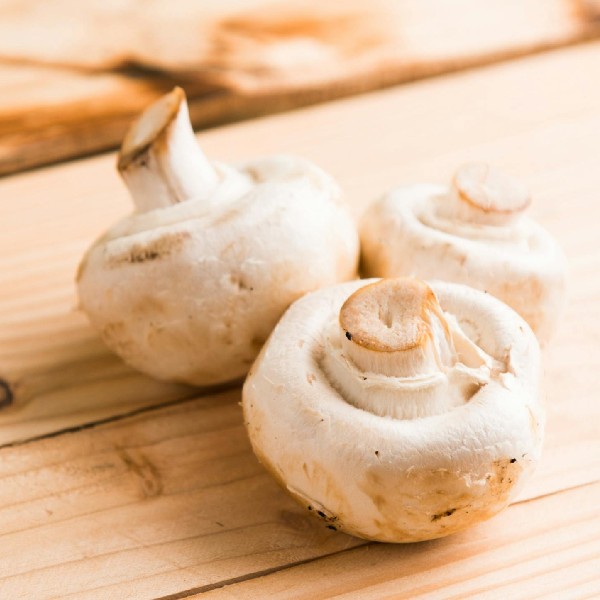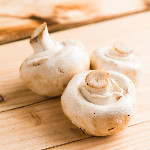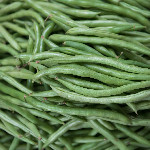The Origins and Diversity of Mushrooms:
Mushrooms have been consumed for thousands of years and have a rich history rooted in various cultures around the world. They come in a wide variety of shapes, sizes, and colors, with some species growing wild in forests and others cultivated commercially. From the classic button mushroom to exotic varieties like shiitake, portobello, and oyster mushrooms, there's a mushroom to suit every taste and culinary preference.
Nutritional Benefits of Mushrooms:
Despite their humble appearance, mushrooms are packed with nutrients and health benefits. They are low in calories and fat, making them an excellent choice for those looking to maintain a healthy weight. Mushrooms are also a good source of protein, fiber, vitamins, and minerals, including B vitamins, potassium, and selenium. Additionally, mushrooms are rich in antioxidants and beta-glucans, compounds that have been shown to boost immune function and reduce inflammation.
Culinary Versatility:
Mushrooms are incredibly versatile in the kitchen, lending their unique flavor and texture to a wide range of dishes. From soups and stews to pasta dishes, risottos, and stir-fries, mushrooms add depth and complexity to both savory and sweet recipes. They can be sautéed, grilled, roasted, or eaten raw, making them a favorite among chefs and home cooks alike. And let's not forget about the joy of foraging for wild mushrooms – a rewarding experience for those adventurous enough to try it.
Mushrooms in Sustainable Agriculture:
As consumers become more conscious of the environmental impact of food production, sustainable agriculture practices have become increasingly important in the mushroom industry. Many mushroom growers are adopting eco-friendly farming methods, such as organic farming, composting, and recycling agricultural waste, to minimize their environmental footprint. By supporting sustainable mushroom producers, consumers can enjoy their favorite fungi while also supporting the health of the planet.
Mushrooms in Culture and Tradition:
Mushrooms hold a special place in many cultures and culinary traditions around the world. In Italian cuisine, mushrooms are often used in dishes like risotto, pasta, and pizza. In Asian cuisine, mushrooms are prized for their umami flavor and are used in soups, stir-fries, and hot pots. Mushrooms are also a symbol of longevity and health in some cultures, often eaten during festivals and celebrations.
Conclusion:
From their ancient origins to their modern-day popularity, mushrooms continue to be a beloved ingredient enjoyed by people everywhere. With their unique flavor, meaty texture, and impressive nutritional profile, mushrooms are a versatile and nutritious addition to any diet. So the next time you're planning a meal, be sure to include plenty of mushrooms – your taste buds and your body will thank you for it.











